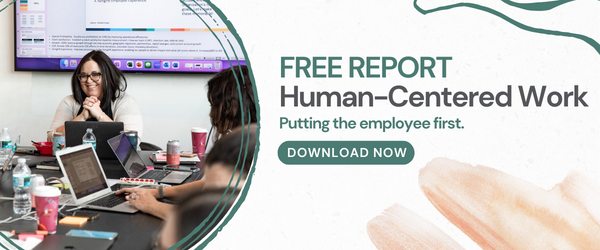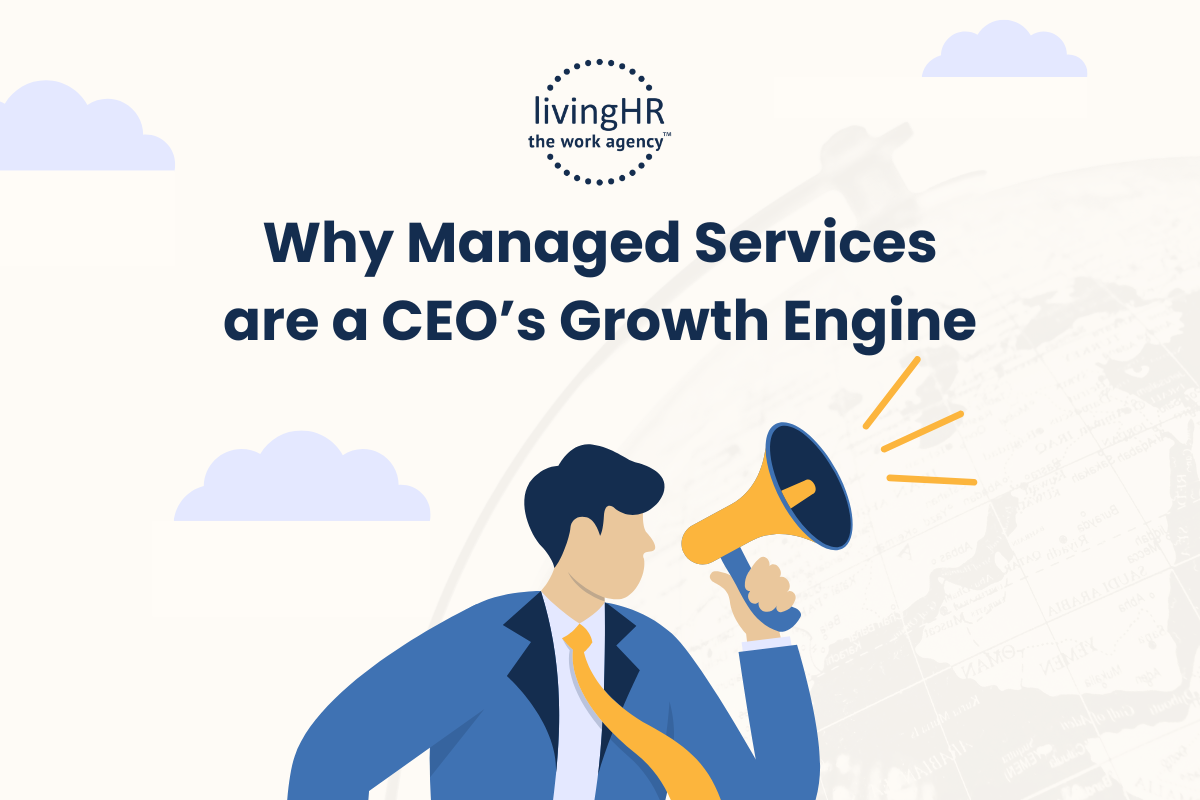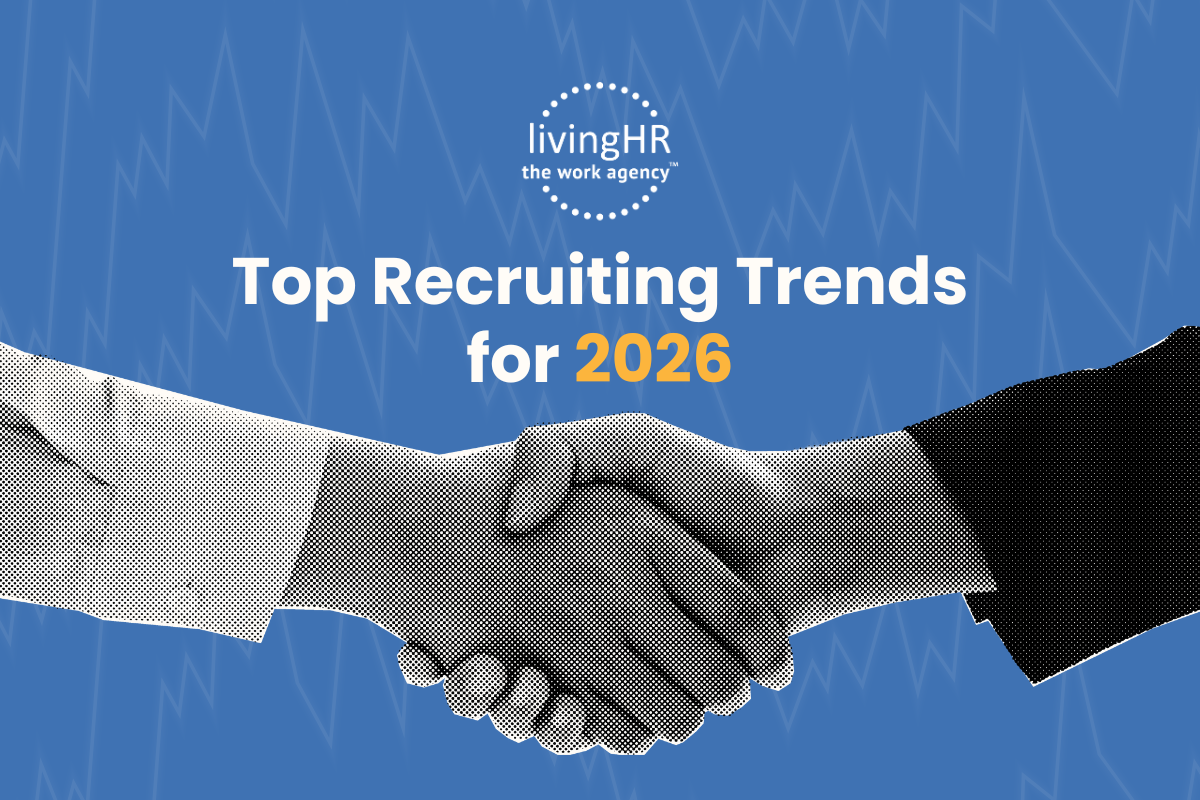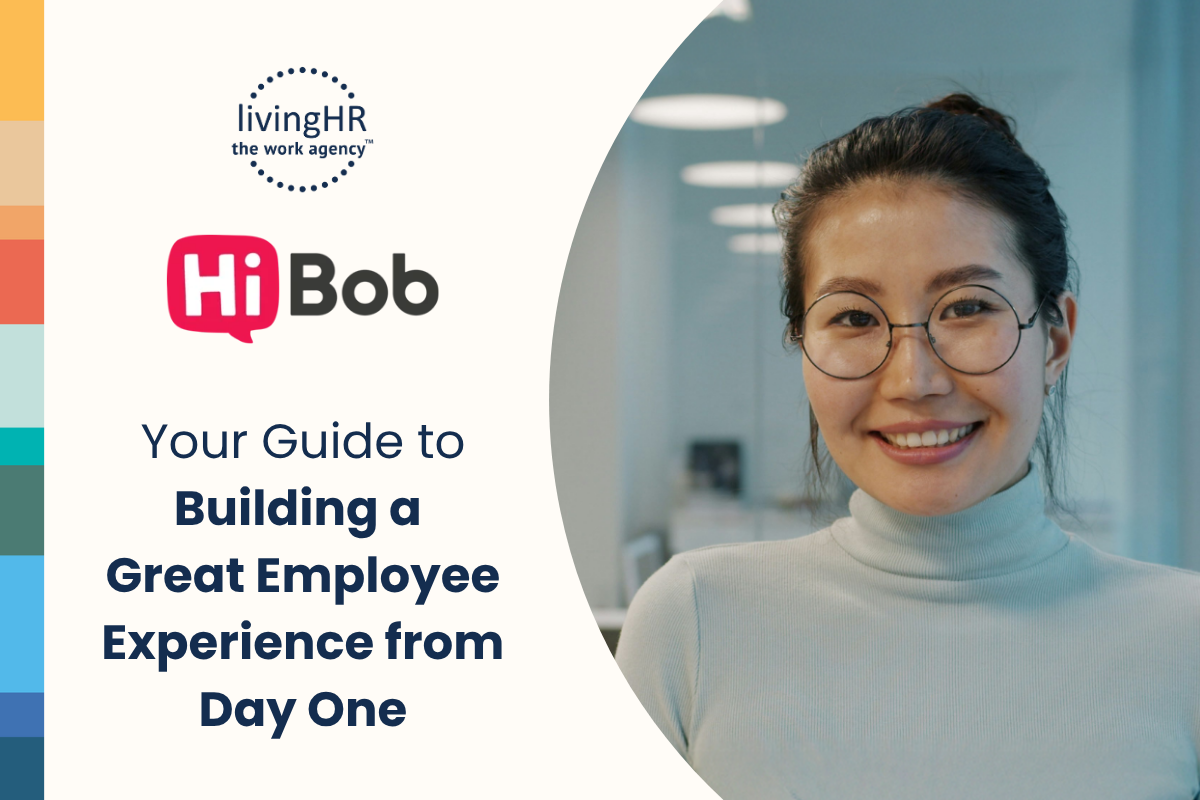Research shows that companies that maintain a compelling employment brand have a critical head start when it comes to attracting talent. Companies with a strong employment brand attract at least 3.5 times more applications per job posting than other companies in the same industry. Studies show that 75% of job hunters will consider the brand of any potential employer before applying for a position. Companies with strong employment brands also enjoy a number of perks that give them a competitive edge, including the following:
Here are the 7 reasons to invest in your brand:
1. Recruit Top Talent
Companies with strong employment brands have an easier time recruiting qualified candidates because candidates come in already understanding what the company stands for as an employer. They recognize something in a company’s culture that appeals to them and makes them feel as if they would be a good fit for the company. A well-communicated brand also helps job seekers understand when they would NOT be a good fit for a company, saving them the trouble of applying – and you the time of sorting through another irrelevant resume.
2. Encourage Candidates to Apply
A clearly articulated employment brand also helps attract candidates who are not actively looking to change jobs but would consider a good opportunity if it came their way. A global study conducted by CLC (Corporate Leadership Council) found that effective employment branding enables organizations to reach a deeper pool of talent. The study of more than 58,000 new hires and tenured employees from 90 organizations found that organizations with managed employment brands are able to source from more than 60 percent of the labor market, while those with unmanaged brands can source from only 40 percent.
3. Less Turnover = Less Profit Loss
Companies do damage to their employment brand when they fail to deliver on the expectations they set for their employees during the interview and hiring process – leading, in turn, to higher turnover. In fact, a recent survey found that 35 percent of workers cited the company as the main reason they decided to voluntarily leave a previous position, while only 28 percent cited the job itself.
4. Recruit More Affordably
If you have a compelling and well-communicated employment brand message, candidates are more likely to seek you out to inquire about open positions. You save yourself the time and trouble of sourcing candidates from scratch because there’s less of a need to advertise open positions and wait for applications to come in.
5. Happy Employees are More Productive
When your company creates an environment where employees feel challenged, feel that their contributions hold value, and are recognized for their efforts, employees become more engaged in their work. This increased level of engagement leads to a higher quality of service or product and, ultimately, a better bottom line.
6. Your Employees Will Refer Top Talent to You
Speaking of engaged employees... When people love their jobs, they tend to be vocal about it. For this reason, employees can be your greatest asset not only in driving your business forward but also in filling your talent pool. Because they know what it takes to fit in and work for your company, employees are the utmost authority on who else will make a good employee. They also know how to sell your company to their peers because they know first-hand what job seekers want in their ideal employer.
A Better Bottom Line
Research has shown a definitive link between a company’s employment brand and its financial performance. A recent study of publicly traded companies on FORTUNE’s “100 Best Companies to Work For In America” list by professors at Michigan State University and the University of Wisconsin-Madison showed a connection between the strategy of developing an attractive workplace and performing financially well. “Being an attractive employer may create an important intangible asset, positive employee relations, that differentiates firms in a value-producing way,” the authors wrote. Learn more about employer branding and how livingHR can help you define yours.






